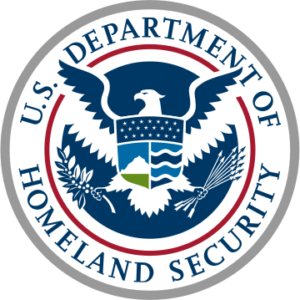
H.R. 4753, the Drone Origin Security Act, would prohibit the secretary of Homeland Security from approving the purchase of any drones manufactured in “covered countries” – or any drones with parts manufactured in covered countries, including gimbals or cameras. Realistically, the bill has the most effect on DJI, the world’s largest drone manufacturer, which is based in China. But what many drone operators may not realize is that it would also hit U.S. companies, including hot new drone company Skydio, offering a competitive product at a competitive price – and many or most other inexpensive drones manufactured in the U.S. or other non “covered” countries. That’s because of the bill’s wording. The bill states:
(a) Prohibition On Agency Operation Or Procurement.—The Secretary of Homeland Security may not operate, provide financial assistance for, or enter into or renew a contract for the procurement of—
(1) an unmanned aircraft system (UAS) that—
(A) is manufactured in a covered foreign country or by a corporation domiciled in a covered foreign country;
(B) uses flight controllers, radios, data transmission devices, cameras, or gimbals manufactured in a covered foreign country or by a corporation domiciled in a covered foreign country;
(C) uses a ground control system or operating software developed in a covered foreign country or by a corporation domiciled in a covered foreign country; or
(D) uses network connectivity or data storage located in or administered by a corporation domiciled in a covered foreign country; or
(2) a system manufactured in a covered foreign country or by a corporation domiciled in a covered foreign country for the detection or identification of covered unmanned aircraft systems.
While there is a waiver provision in the bill, it will be difficult for public safety organizations to use the federal funding that many rely on to buy inexpensive drones for police and fire applications: given China’s dominance in manufacturing, even Skydio acknowledges that their drones use some Chinese manufactured parts, as do most drones on the market at a similar price point.
This is not a problem unique to DJI, or to the drone industry. Last month, the U.S. Department of Commerce added another 8 Chinese technology companies to the Federal Register’s “Entity List” or “blacklist.” Those tech companies, which largely focused on AI and machine learning, represent a step in the U.S. government’s efforts to move away from Chinese technology in important infrastructure.
While arguments pro- and con- abound, the bill is problematic for the drone industry regardless of the politics or the accuracy of security concerns. Introducing the ban without amendments and without clearly defined standards of security that the government would find acceptable, before companies have the opportunity to change manufacturing policies or adjust their offerings, could easily disrupt drone programs designed to protect first responders and communities in cities and towns across the country.
Miriam McNabb is the Editor-in-Chief of DRONELIFE and CEO of JobForDrones, a professional drone services marketplace, and a fascinated observer of the emerging drone industry and the regulatory environment for drones. Miriam has penned over 3,000 articles focused on the commercial drone space and is an international speaker and recognized figure in the industry. Miriam has a degree from the University of Chicago and over 20 years of experience in high tech sales and marketing for new technologies.
For drone industry consulting or writing, Email Miriam.
TWITTER:@spaldingbarker
Subscribe to DroneLife here.